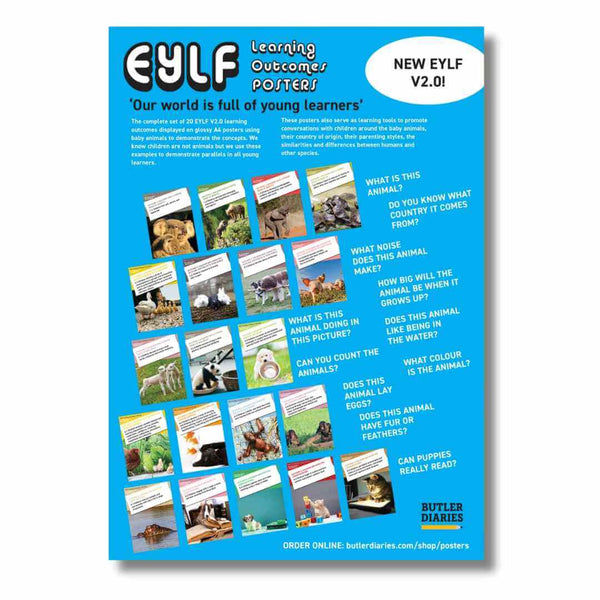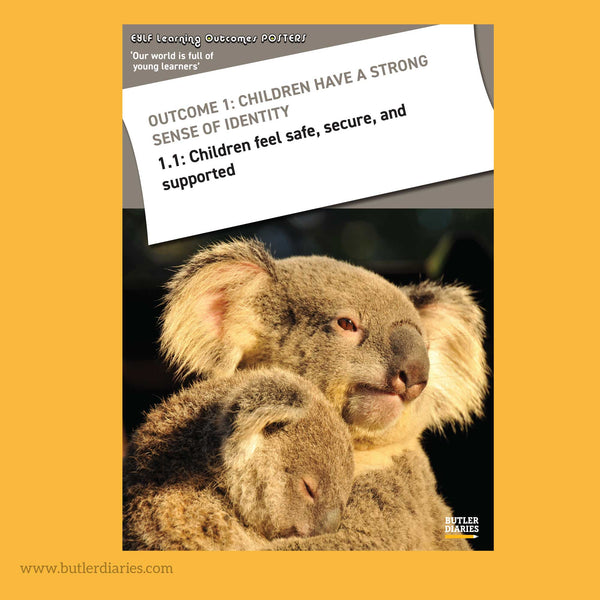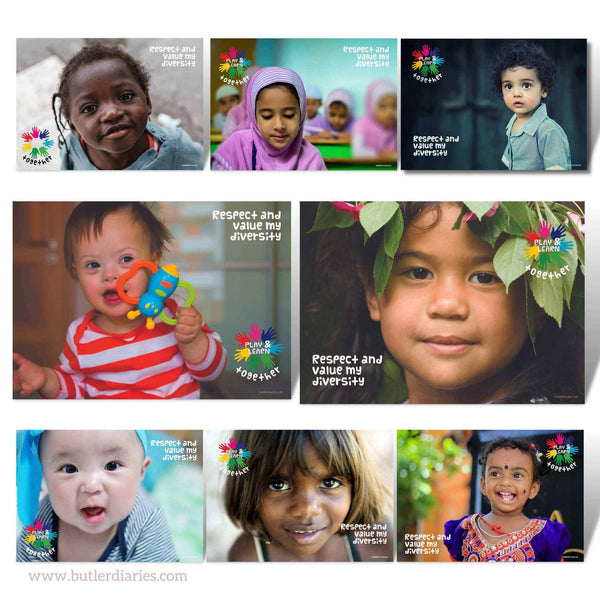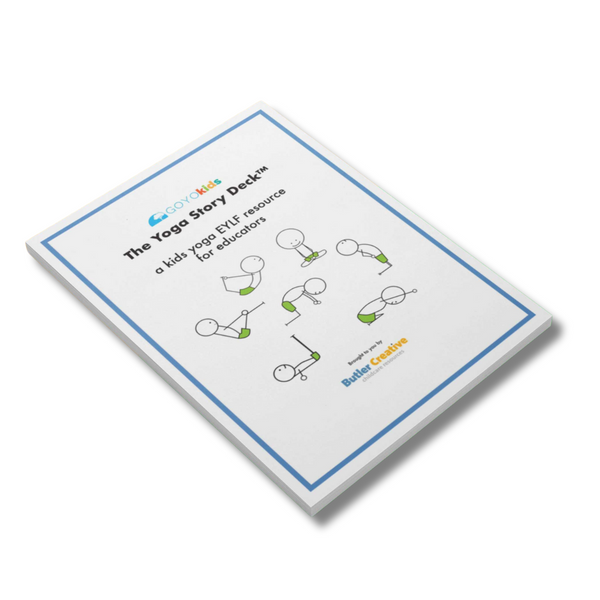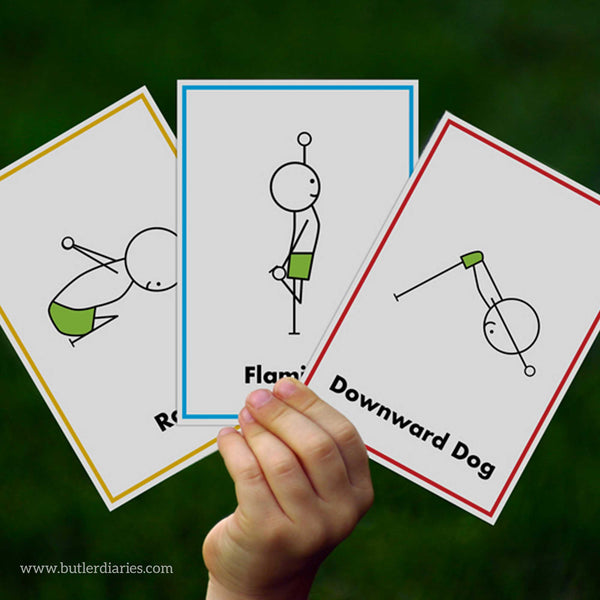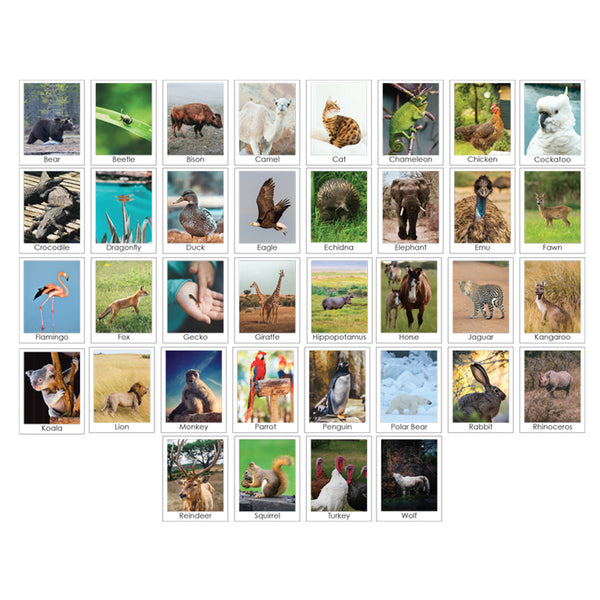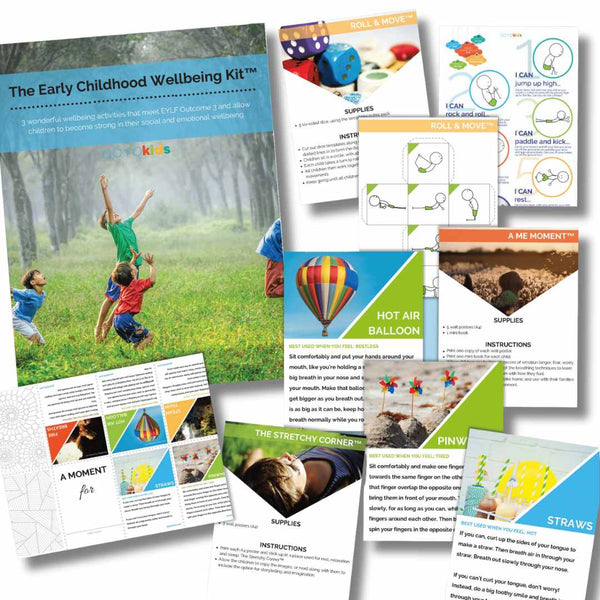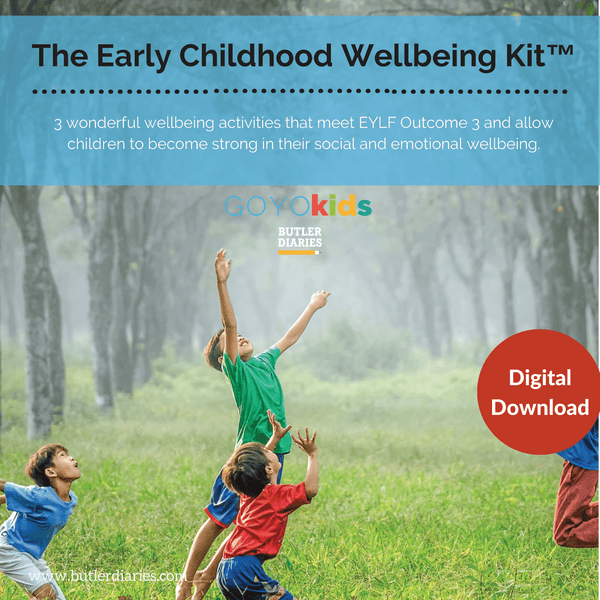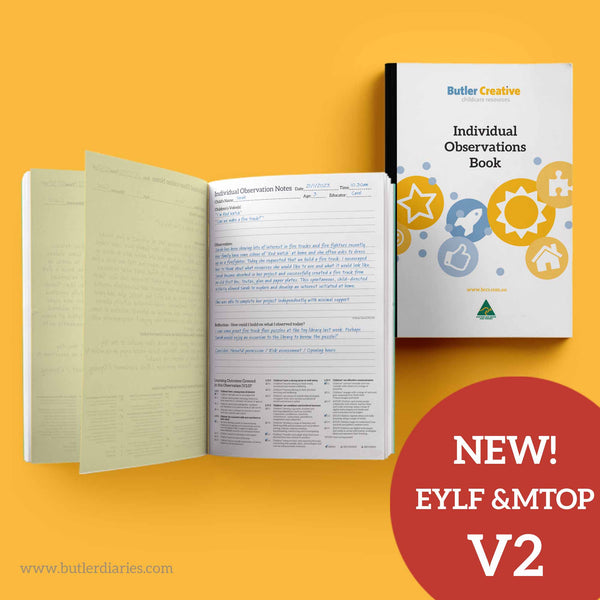Fundamental to the Early Years Learning Framework (EYLF) are the three pillars Being, Belonging, and Becoming. These values guide the framework and our practice as Early Childhood Educators. This includes our mission, vision, and actions as well as our day-to-day operations. This article takes you through the three pillars of the EYLF.
Belonging - Building Community
Children need to feel a sense of belonging in order to be engaged learners. A sense of belonging comes from feeling safe, secure and valued within a community. When children feel like they belong, they are more likely to take risks, explore new ideas and try new things.
The environment needs to be safe and secure to ensure that all children can fully engage with their learning opportunities. The way a school or classroom is designed can influence how safe children feel. By first recognising children belong first to their family, their cultural group and community, you can acknowledge and respect children's relationships and how they are linked to their identities.
The key to belonging is relationships and it is belonging that makes being and becoming possible.
Being - The Need for Affirmation
We need to feel that we are valued and that we matter. This is especially important for young children who are just beginning to form a sense of self. Without a strong sense of being, it can be difficult for children to develop their identities, maintain relationships, and meet challenges.
In Early Childhood, you provide the environment, resources, interactions, and possibilities that allow children to explore and make meaning that develops their social skills, self-identity, agency, and self-regulation.
Becoming - Personal Growth
In order for children to become confident and independent individuals, they need to feel a sense of becoming. A sense of becoming comes from being a valued member of a community. Children need to feel like they are part of something larger than themselves. They need to feel like they are valuable members of their community who contribute in positive ways. When children feel like they are becoming, they are more likely to take risks and explore new things. This is how they become competent and independent individuals.
As educators, we enable children to not just experience community but to become a responsible and valued contributor to that community.

EYLF in Everyday Practice
The Early Years Learning Framework (EYLF) is a guide for early childhood educators to support young children's learning. It emphasises the importance of play, exploration and child-initiated learning. The core principles of Being, Belonging, and Becoming encase the EYLF Learning Outcomes of:
- Children have a strong sense of identity
- Children are connected with and contribute to their world
- Children have a strong sense of wellbeing
- Children are effective communicators
As well as the EYLF Principles:
- Secure, respectful and reciprocal relationships
- Partnerships with families
- High expectations and equity
- Respect for diversity
- Ongoing learning and reflective practice
And finally, recommended EYLF Practices:
- Holistic approaches
- Responsiveness to children
- Learning through play
- Intentional teaching
- Learning environments
- Cultural competence
- Continuity of learning and transitions
- Assessment for learning
EYLF in Butler Diaries
Our Weekly Programming and Reflection diaries include the EYLF Outcomes allowing you to check off what you are covering in your weekly program. It also includes a reflection section that allows you to critically reflection on the outcomes, principles, and practices happening in your room.








